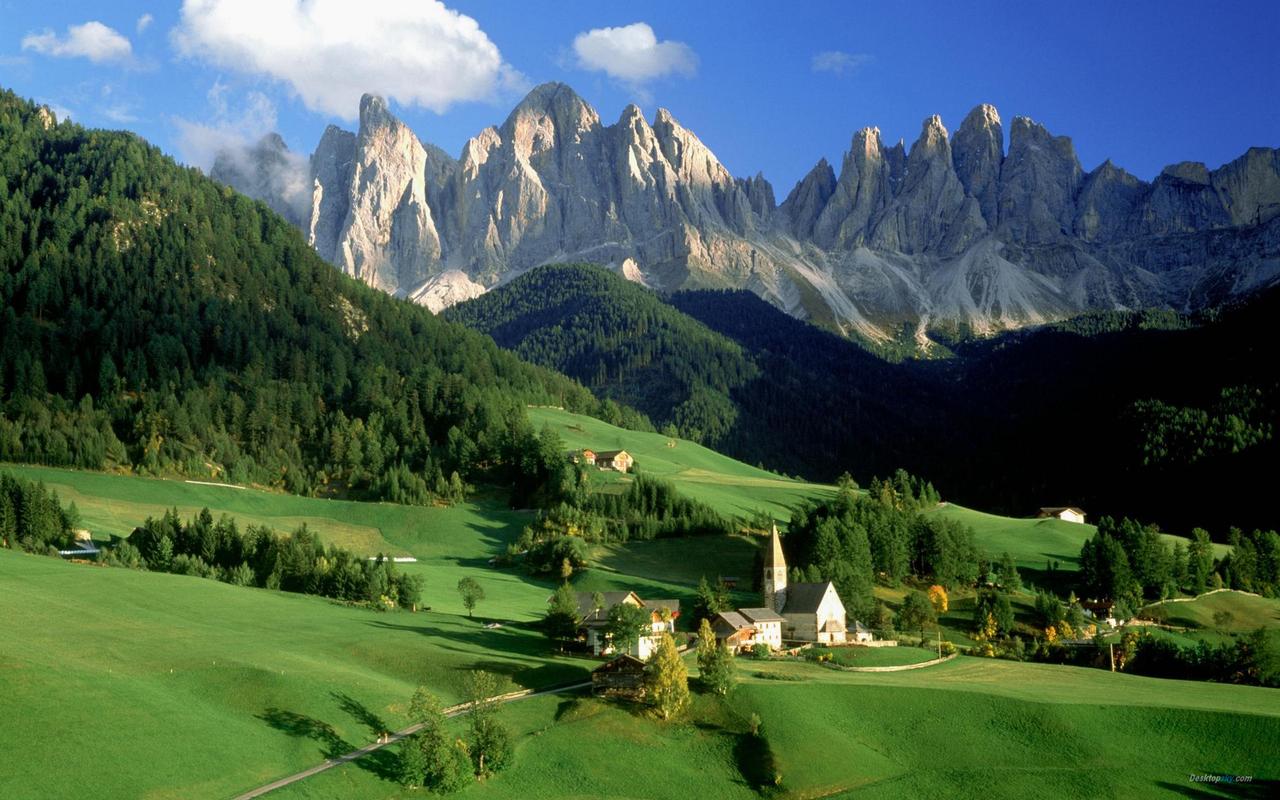Exploring South Carolina Culture: From Gullah Geechee to Shag Dancing
South Carolina is notable for its vibrant culture that is influenced by African American, Native American, and European American traditions. From the Gullah Geechee people of the Lowcountry to the shag dancing of the Grand Strand, South Carolina is a treasure trove of cultural experiences that are worth exploring. This article will delve into the fascinating world of South Carolina culture and highlight some of the state’s most notable cultural icons.
The Gullah Geechee People
The Gullah Geechee people are descendants of African slaves who were forced to work on the rice plantations of coastal South Carolina and Georgia. The Gullah Geechee people developed their own unique culture that is influenced by their African heritage as well as their experiences of slavery and segregation. This culture is evident in their language, music, food, and traditions.
The Gullah Geechee language is a blend of English and African languages, with a distinct vocabulary and syntax. The music of the Gullah Geechee people is characterized by call-and-response singing and the use of instruments such as the banjo and the quills. Gullah Geechee cuisine is centered around seafood and rice dishes that are flavored with spices and herbs. Traditions such as basket weaving and storytelling are passed down from generation to generation.
Today, the Gullah Geechee people are recognized as a distinct cultural group, and efforts are being made to preserve their heritage. Visitors to South Carolina can experience Gullah Geechee culture by taking a tour of the Gullah Geechee Cultural Heritage Corridor, which stretches from North Carolina to Florida and includes historical sites, museums, and cultural events.
The Charleston Renaissance
The Charleston Renaissance was a cultural movement that took place in the 1920s and 1930s and was centered around Charleston, South Carolina. This movement was characterized by a revival of interest in the city’s historical architecture, as well as its artistic and literary traditions. The Charleston Renaissance was led by a group of artists, writers, and intellectuals who were inspired by the city’s unique culture and history.
One of the most famous artists of the Charleston Renaissance was Alice Ravenel Huger Smith, who painted scenes of Charleston’s historic buildings and landscapes. Another notable figure was DuBose Heyward, who wrote the novel Porgy, which was later adapted into the famous opera Porgy and Bess. The Charleston Renaissance helped to establish Charleston as a cultural destination and a center of artistic and intellectual activity.
The Shag Dance
The shag dance is a popular dance style that originated in South Carolina in the 1930s. The shag is a partner dance that is characterized by its smooth, flowing movements and its emphasis on footwork. The shag was originally danced to the music of the big band era, but it has since evolved to include a wide variety of music styles.
The shag is closely tied to South Carolina’s beach culture, particularly in the Grand Strand region. The Grand Strand is a 60-mile stretch of beaches that includes popular tourist destinations such as Myrtle Beach and North Myrtle Beach. The shag dance has become a cultural icon of the Grand Strand, with numerous shag clubs, festivals, and competitions held throughout the region.
Conclusion
South Carolina’s culture is diverse and rich, with a fascinating blend of African American, Native American, and European American traditions. From the Gullah Geechee people of the Lowcountry to the shag dancing of the Grand Strand, South Carolina is a state that is worth exploring for its cultural offerings. By experiencing South Carolina’s culture firsthand, visitors can gain a deeper appreciation for the state’s unique place in American history and culture.
(Note: Do you have knowledge or insights to share? Unlock new opportunities and expand your reach by joining our authors team. Click Registration to join us and share your expertise with our readers.)
Speech tips:
Please note that any statements involving politics will not be approved.
